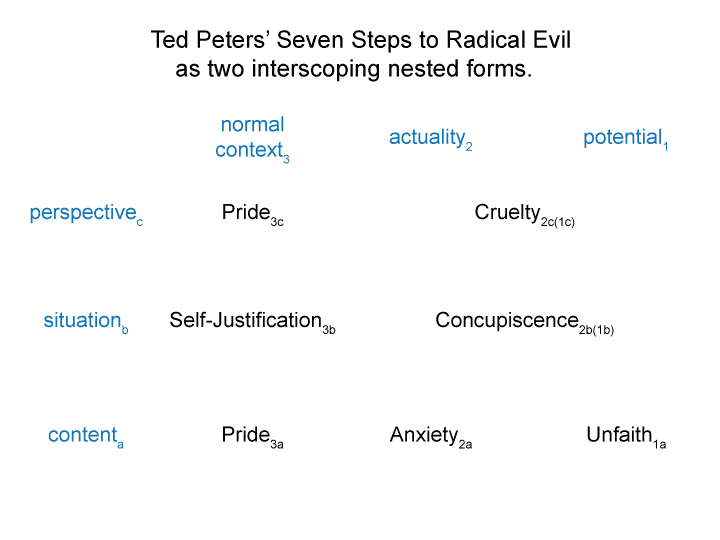Summary of text [comment] page 56
Why, if evil is an unavoidable byproduct of becoming, has God willed any creation at all? If God plans to wipe every tear away at the end, why not prevent the tears in the first place?
[This sounds like the utopianism of the Progressives, no?
If capitalism leads to an unavoidable byproduct (of some succeeding more than others), then why have a marketplace at all?
The answer has to be that there are no goods without a marketplace.
The marketplace is the site of exchange of both goods and information.
Does “the success of some” indicate “the failure of all others”?
Not in a spontaneous order.]

